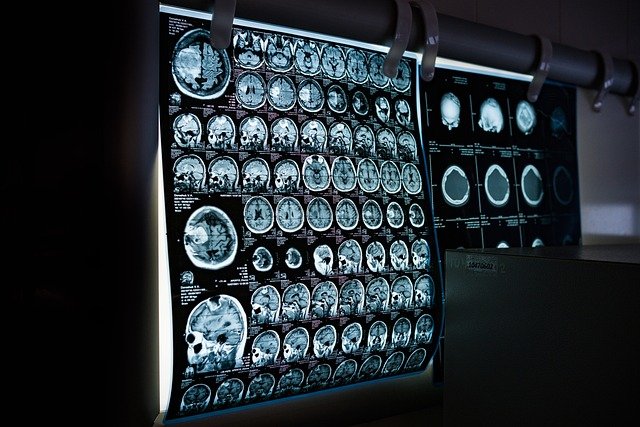Title: Legal Implications of Artificial Intelligence in Healthcare
In an era of rapid technological advancement, the intersection of artificial intelligence (AI) and healthcare presents a myriad of legal challenges and opportunities. As AI systems become increasingly integrated into medical diagnosis, treatment planning, and patient care, the legal landscape must evolve to address novel issues of liability, privacy, and regulatory oversight. This article delves into the complex legal ramifications of AI in healthcare, exploring how existing laws are being adapted and new regulations are being crafted to govern this transformative technology.

Liability Concerns in AI-Assisted Medical Decision Making
One of the most pressing legal issues surrounding AI in healthcare is the question of liability when AI systems are involved in medical decision-making. Traditional malpractice laws are built on the premise of human error, but when an AI system contributes to or makes a diagnostic or treatment decision, determining fault becomes significantly more complex. Courts are now grappling with questions such as: Who is liable if an AI system misdiagnoses a patient – the healthcare provider, the AI developer, or the institution implementing the technology?
Regulatory Challenges and FDA Oversight
The U.S. Food and Drug Administration (FDA) has been working to develop a regulatory framework for AI-based medical devices and software. However, the unique nature of AI, particularly its ability to learn and adapt over time, poses unprecedented challenges to traditional approval processes. The FDA’s proposed “predetermined change control plan” aims to allow for the evolution of AI algorithms while maintaining regulatory oversight, but legal experts argue that more comprehensive guidelines are needed to ensure patient safety and efficacy.
Data Privacy and AI: Navigating HIPAA in the Digital Age
The use of AI in healthcare inevitably involves the processing of vast amounts of sensitive patient data. This raises significant concerns about data privacy and security, particularly in light of existing regulations such as the Health Insurance Portability and Accountability Act (HIPAA). Legal scholars are debating how to balance the need for data access to train and improve AI systems with the imperative to protect patient privacy. Some argue that current laws are insufficient to address the unique challenges posed by AI and big data analytics in healthcare.
Ethical Considerations and Informed Consent
The implementation of AI in healthcare also raises profound ethical questions that have legal implications. For instance, how can meaningful informed consent be obtained from patients when the decision-making process of an AI system may not be fully transparent or understandable? Legal frameworks are being developed to address issues of algorithmic bias and ensure that AI systems do not perpetuate or exacerbate healthcare disparities among different demographic groups.
International Perspectives and Cross-Border Challenges
As AI in healthcare becomes a global phenomenon, legal experts are grappling with cross-border challenges. Different countries have varying approaches to data protection, medical device regulation, and liability laws. This creates a complex landscape for international collaborations and the deployment of AI technologies across borders. Efforts are underway to develop international standards and guidelines, but significant legal hurdles remain in harmonizing global approaches to AI governance in healthcare.
The Role of Intellectual Property Law in AI Healthcare Innovation
Intellectual property (IP) law plays a crucial role in fostering innovation in AI healthcare technologies. However, existing patent and copyright laws are being tested by the unique characteristics of AI. Questions arise about the patentability of AI-generated inventions and the ownership of AI-created intellectual property. Legal scholars are debating whether current IP frameworks are sufficient to protect and incentivize AI innovations in healthcare or if new paradigms are needed.
Future Legal Landscape and Policy Recommendations
As AI continues to transform healthcare, the legal landscape will need to evolve rapidly to keep pace. Legal experts advocate for a multifaceted approach that includes updating existing laws, creating new regulatory frameworks, and developing industry-wide best practices. Some propose the creation of specialized AI courts or tribunals to handle the complex technical and legal issues that arise. Others emphasize the need for interdisciplinary collaboration between legal professionals, healthcare providers, AI developers, and ethicists to craft comprehensive and effective governance structures.
In conclusion, the integration of AI into healthcare presents a complex and evolving legal challenge. As technology continues to advance, lawmakers, regulators, and legal scholars must work diligently to create a legal framework that fosters innovation while protecting patient safety, privacy, and equity. The coming years will be crucial in shaping the legal landscape that will govern the future of AI in healthcare, with far-reaching implications for medical practice, patient rights, and technological progress.






